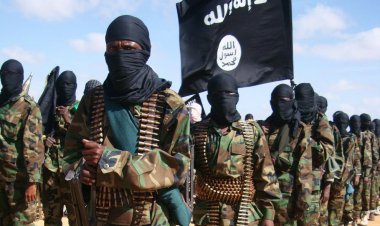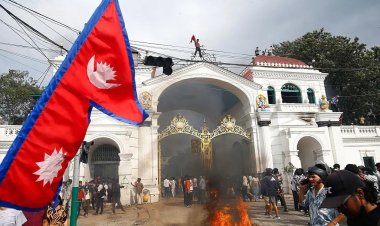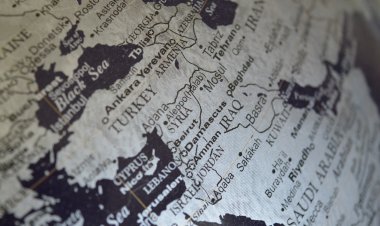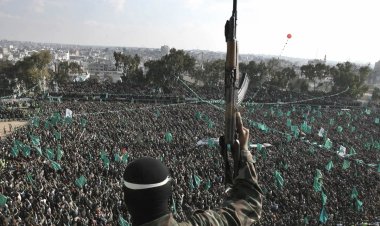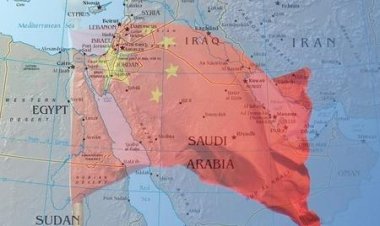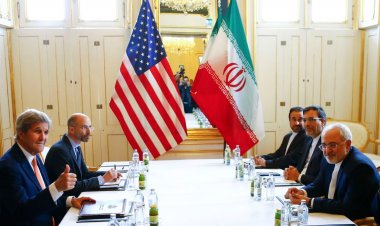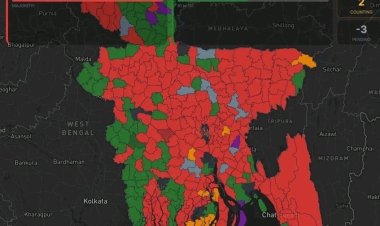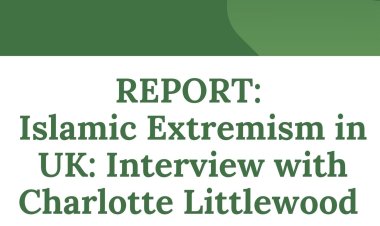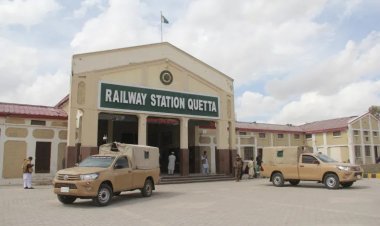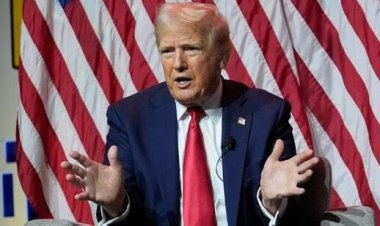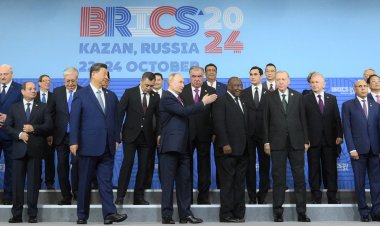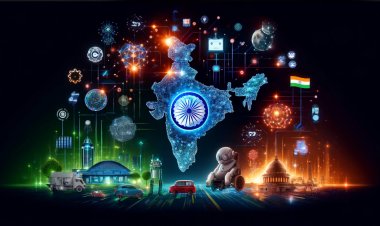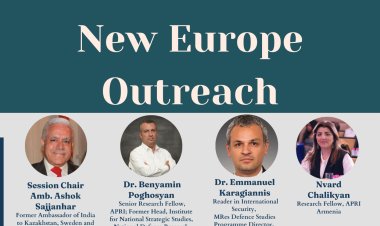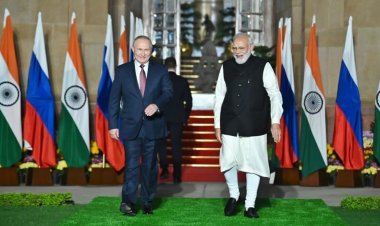REPORT: Eilat Ashkelon Pipeline and Israel-Hamas War
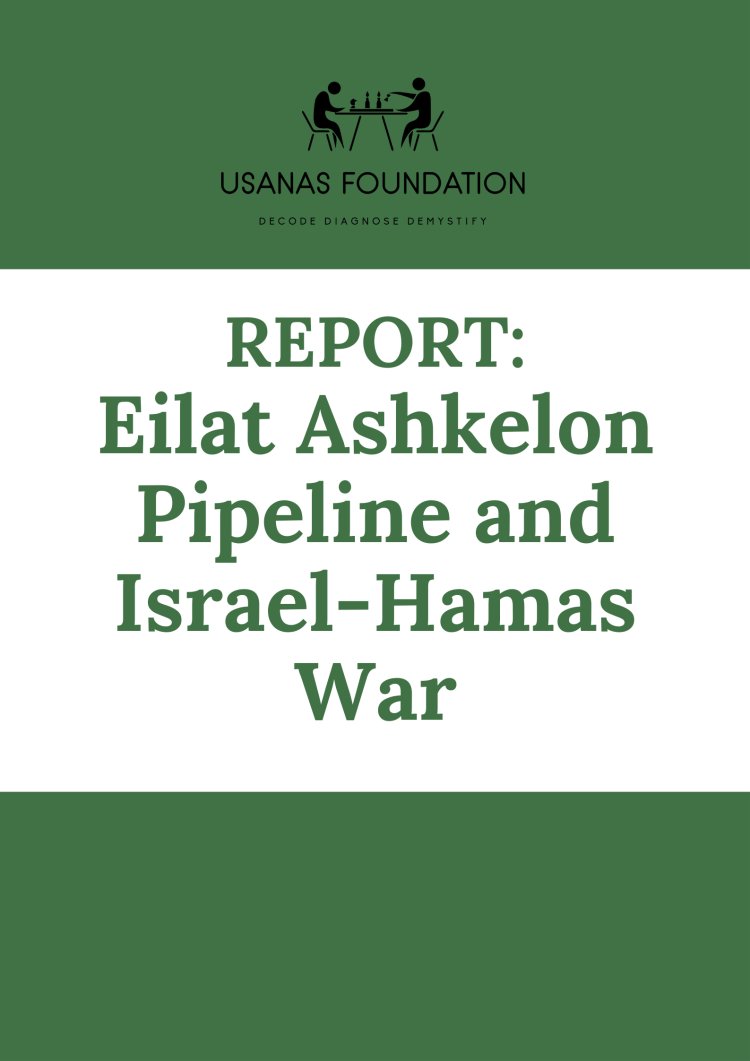
Interview Report
By Satyansh Tomar
On 27th November 2023, Usanas Foundation organized an interview titled "Eilat Ashkelon Pipeline and Israel-Hamas War" to discuss the Energy and logistical implications of the Israel-Hamas war, with a focus on the Eilat Ashkelon Pipeline. The compelling, comprehensive, and extremely insightful perspectives provided by Ms. Levina Neythiri helped us decipher crucial aspects of this topic and equipped us with a better understanding of the same. Ms. Neythiri is a strategic affairs expert with 10 years of experience in the field and has contributed to the business world, Chanakya Forum, and Resonant News.
Dr. Pandya started the interview by talking about the implications of the Israel-Hamas war which are beyond the civilizational conflicts, under the geostrategic and geoeconomic domain. The economic angle of the Eilat Ashkelon Pipeline gives a new perspective to approach the conflict. Ms. Levina highlighted the use of terrorists in conflicts like these as an alternative way of waging war when conventional conflict is not possible. Terrorists can be employed to destroy or damage strategic assets, such as a pipeline, which poses a significant threat to Israel. This could also be considered as a means of diverting arms and ammunition from Ukraine to Israel, indicating a proxy war by Russia. Due to the complex nature of the conflict, it can be viewed from multiple perspectives.
The conversation shifted to the EA Pipeline (Eilat Ashkelon Pipeline), and its impact and history were discussed. The pipeline was originally a joint project between Israel and Iran, but after the Islamic fundamentalists took power in Iran, the project was abandoned. The EA Pipeline gained attention again in 2014 after a massive spill and is now considered an alternative to the Suez Canal. The EA Pipeline aims to capture 10-12% of the Suez Canal's business due to its several advantages. Ships departing from Port Ashdod were not permitted to dock in Arab countries, so they sometimes had to repaint and re-register before docking in other ports. The Suez Canal is almost 150 years old and has limitations, so countries are seeking alternatives. The Ben Gurion Canal project is one such alternative that, if built, could significantly contribute to the world's maritime trade.
During the conversation, the topic of discussion shifted to I2U2. The I2U2 partnership focuses on providing security for major chokepoints in the Middle East. Due to the existence of these chokepoints, any conflict in the region could negatively impact global trade. Some of the critical chokepoints that the partnership aims to secure include the Suez Canal, Bab al-Mandab, and Strait of Hormuz. These passages are responsible for the transportation of a significant portion of the world's trade and oil. The primary objective of the partnership is to ensure the safe and smooth flow of trade through these critical chokepoints, benefiting countries like India, UAE, Israel, and the U.S.
The economic angle was also discussed in the interview, where important regional players and their stances were debated. Iran holds a strong animosity towards Israel. Even if Israel is able to settle their disputes with the Iranian government, there is still the matter of the Islamic Revolutionary Guard Corps (IRGC), which receives funding from wealthy countries like Qatar. It's not just a matter of resolving issues with Iran, but also with Qatar. There are multiple layers to the issues at hand, like an onion. It is not a single problem that can be easily resolved.
The complex situation in the Middle East involves multiple players and conflicts, which are interrelated to each other and can escalate into something bigger. Many regional players are still out of the picture but if the situation continues to escalate, countries like Syria and Iran might also join in, with their national interests aligning with the loss of Israel. There are challenges in achieving peace and economic progress due to conflicts and power struggles. Trade, conflict, and religious extremism will remain key factors shaping the future of the region.
In the end, Dr. Pandya thanked Ms. Neythiri for the interview and said that analysts are always uncertain about the outcomes, but it is always important to get views from different angles to get an unbiased look at the conflict. Ms. Neythiri helped in providing an expert look at that.

